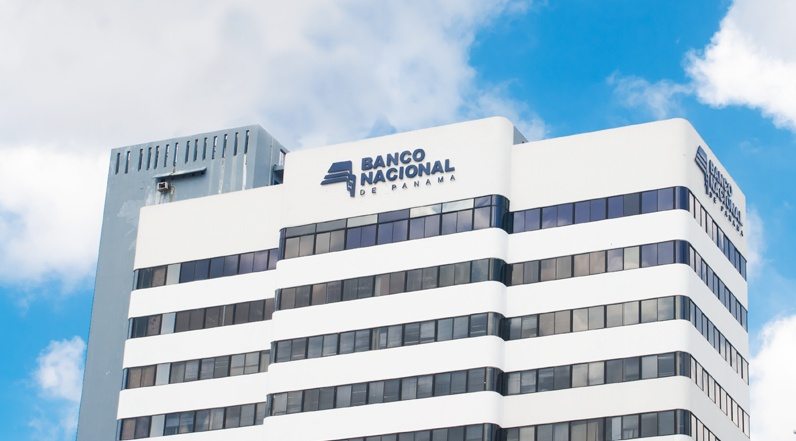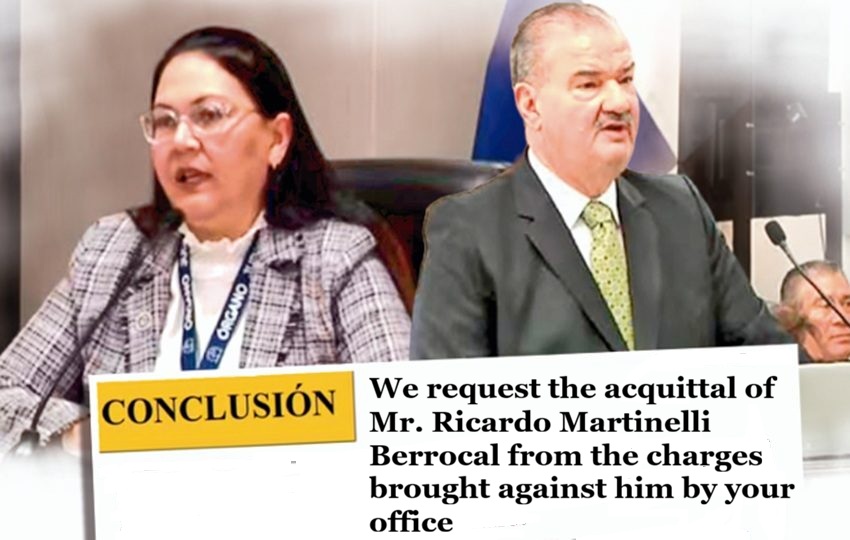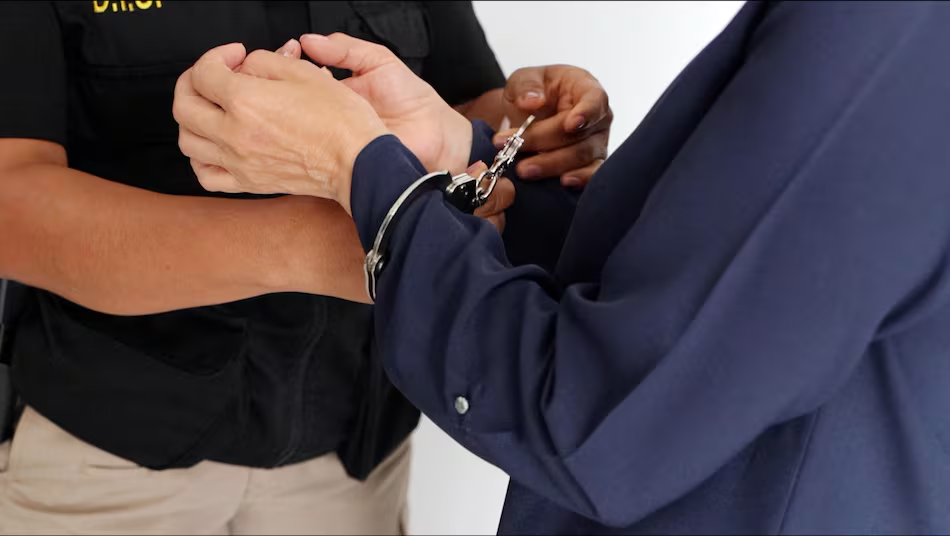Lawsuit could bankrupt state bank

If a lawsuit brought by businessman Abdul Waked against the National Bank of Panama (BNP) succeeds, the state entity would run the risk of a “technical bankruptcy”, and could generate instability comparable to the economic crisis in the 1980s, prior to the fall of the military regime.
As of today, the bank’s capital is $650 million. And Waked’s claim is for $1.269 billion. This means that the state entity does not have its own funds to pay such amount of money if the Supreme Court ruled in favor of Waked. reports La Prensa.
Rolando de León, general manager of the BNP, believes that this a reverse of this type would have catastrophic consequences for the entity and the entire banking system.
Unable to pay such a claim, the so-called “technical bankruptcy” would occur, which would imply the intervention of the Superintendency of Banks of Panama and the automatic suspension of all bank functions.
The BNP executes all payments from the Central Government. This includes payments to suppliers, salaries to officials and disbursements of funds for social assistance programs.
Panama does not have a central bank and, the BNP makes all the bank compensations or check payments so that checks from other banks in any entity could not be changed either.
There would also be no way to distribute cash in the economy. The BNP is the only one with an account in the Federal Reserve of the United States, where the paper money (dollar) circulating in Panama comes from.
A conviction against the bank him, which leads to inoperability by the amounts required, would endanger the functioning of the entire country. Even social security pension funds would be frozen.
This is the concern of BNP executives and their lawyers over the lawsuit filed by Abdul Waked, and admitted by the Third Chamber of Contentious Administrative Matters of the Supreme Court reports La Prensa.
Waked’s lawsuit has Abel Zamorano as the substantiating magistrate, who admitted the suit, but the Administration’s attorney filed an appeal to rule out its admission.
Last week, Judge Cecilio Cedalise, for of the Third Chamber rejected the appeal,
Government pressure
Waked wants requires the BNP to pay him $1.,269 b million in damages. It alleges “undue” pressure from the Government and the BNP. The bank acted as trustee in two trusts to which Waked transferred the assets of Felix B. Maduro and Soho Mall.
. The figure of the trustee is that of a custodian of the assets, a kind of facilitator so that the private banks, in this case, could recover the debts that the Waked Group maintained, and that it was impossible to pay, after the Department of the United States Treasury included Waked it in the Clinton List of activities related to money laundering.
Waked signed the trust with which he left Soho Mall and, gave the administration of the mall to the private banks with which he had incurred debts.
This was the exit adopted on the recommendation of the creditor banks after Soho Mall and Waked were hit by the US
Through the trust, the banks safeguarded Waked’s assets, and once they were able to sell, they recovered the money owed.
Waked, in the, alleges that the trust agreement contains terms “abusive” to its interests since it had to agree to payment agreements with several creditor banks when the purpose of delivering the assets of Westline Enterprises Inc. to the Soho Trust was to settle the debts of all its creditors.
Although the trust was agreed with the private banks, Waked decided to go against the BNP in July 2017 but was for $165 million, with the difference that, in July 2017, the Third Chamber did not admit it.
In that ruling, with the presentation of Zamorano, it was pointed out that the BNP acted in the transaction as a fiduciary agent, in an eminently commercial civil act.
The ruling explains that the plaintiff voluntarily applied to the trusts and that this transaction is not part of the public functions of the State since such trusts could have been constituted by any private bank.
The Banking Association of Panama said that the decision of the Court to admit the lawsuit “causes alarm”





